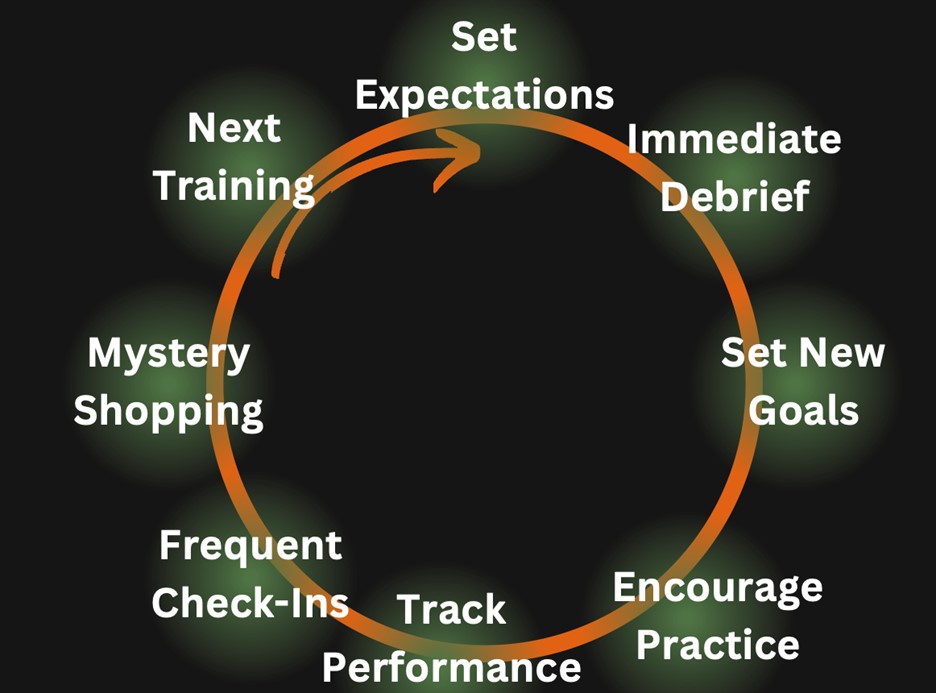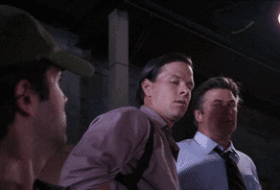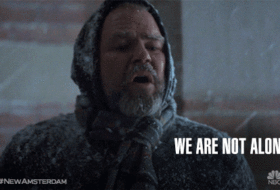Many teams use the slow season to regroup on the last year and make plans for the new year. Some of this comes in the form of training, some in attending conferences for inspiration, and some recalibrate with an annual SWOT (Strength, Weakness, Opportunities, Threats) analysis. We know we’re preaching to the choir to many, but we’ve also heard things like “I don’t want to invest in team members who are going to just leave.” Our take-away? If we don’t invest in them, they will likely not invest in us either.
Why train our team in sales, hospitality and/or leadership? Here is some food for thought:
- Boosting Team Morale and Productivity:
A trained and skilled team is a motivated team. By investing in the development of sales, hospitality, and leadership capabilities, wineries create an environment where employees feel valued and empowered. This, in turn, boosts morale and productivity, creating a positive feedback loop that contributes to the overall success of the winery. It’s a win-win. - Elevating Sales Proficiency:
Sales are the lifeblood of any winery, and training is a strategic imperative, especially for the direct-to-consumer side profit margins. Equipping sales teams with effective techniques, product knowledge, and guest engagement skills enhances their ability to drive revenue. Well-trained sales force not only closes the sale but also establishes meaningful connections with guests, creating brand loyalty and increasing the likelihood of repeat business. - Crafting Unforgettable Hospitality Experiences & Enhancing Guest Relationships:
The tasting room is often the first point of contact between a winery and its guests. Investing in hospitality training ensures that staff can deliver exceptional experiences, leaving a lasting impression on visitors. Training programs focused on interpersonal skills, effective communication, and guest-centric approaches empower teams to connect with guests on a deeper level. The industry is based on relationships. With the right training, teams see that it is not just a transaction, but a relationship that extends beyond the tasting room or other points of contact with the winery. From wine pairings to guest service etiquette, well-trained hospitality teams contribute significantly to a positive brand image, encouraging visitors to become loyal ambassadors. - Developing Strong Leadership:
Leadership is the backbone of any successful organization. Training in leadership skills is an investment in the future sustainability of a winery. Leaders equipped with effective communication, decision-making, and team-building skills inspire their teams to excel. This not only fosters a positive work culture but also positions the winery for long-term success by cultivating a pool of talented and motivated individuals ready to take on leadership roles.
The strategic investment in training for sales, hospitality, and leadership is a cornerstone of success for wineries navigating the competitive wine industry. By honing the skills of our teams in these critical areas, we can elevate sales performance, deliver memorable hospitality experiences, and cultivate strong leaders. The ripple effects of such investments extend beyond immediate gains, fostering a culture of adaptability, guest-centricity, and employee satisfaction.
However, training is a two-way street beyond increasing morale if we really want to see an impact on productivity and overall improvement. There is nothing worse than investing time and money sending your staff through a great program only to see zero take-a-ways and follow-through back at the ranch. How can you leverage the time and money invested?
We’ve put together some helpful tips for a healthy training cycle – either WISE based or not. Imagine a continual loop.
-
- First set expectations before the class or program.
Make a debrief appointment with your team members before they do the training. Knowing in advance that they will be meeting with you – and have active listening and planning exercises (like the WISE Ah-Ha’s) makes them take it much more seriously. They will be prepared to think beyond the ‘in the moment’ training to how they can bring lessons back to the ‘everyday’. - Set new goals.
Based on lessons and action items they learn from their training, work with your team to create new individual and/or team goals. Keep the lessons alive with goals for continual improvement. - Encourage practice.
In an organization that encourages continuous learning and improvement, there should be no such thing as down time in the tasting room. Role play – we cannot emphasize the value of role playing enough. Some people love it, some people hate it, but everyone learns a lot from it. Incentivize them to do it and watch the improvement happen. Also encourage the use of progress logs to increase awareness. It takes 30 days to make a new habit – logging can help make this happen accordingly. (Just like that new diet program!) - Track performance and celebrate progress. People will respect what you inspect. If we are monitoring performance and noticing progress, we need to share with the team members these successes. It’s easy to point out mistakes, but it is just as – if not more important – to highlight and celebrate successes.
- Check in frequently.
Provide feedback – especially positive feedback about things they’re trying from their training that seem to be working! Feedback is more impactful if it’s timely and constructive. It’s a lot easier to make small adjustments over time than expect a miracle of behavior change if we wait months or a year. - Mystery shopping
Use a professional mystery shopping service to monitor progress, diagnose problems and develop recommendations that are specific to your winery needs. A professional service will be based on standards across the industry and be unbiased. (Friends and family are great, but not necessarily unbiased in either direction.) Use the mystery shopping results as individual or team coaching tool and to decide on themes for refresher or next level training. - Rinse. Repeat.
- First set expectations before the class or program.
It’s the new year with new challenges and opportunities. Consider how we will meet these challenges and create opportunities out of them. Investing in the team and ourselves with training and keeping the lessons alive by leveraging our WISE investment is more than worth the ROI.




